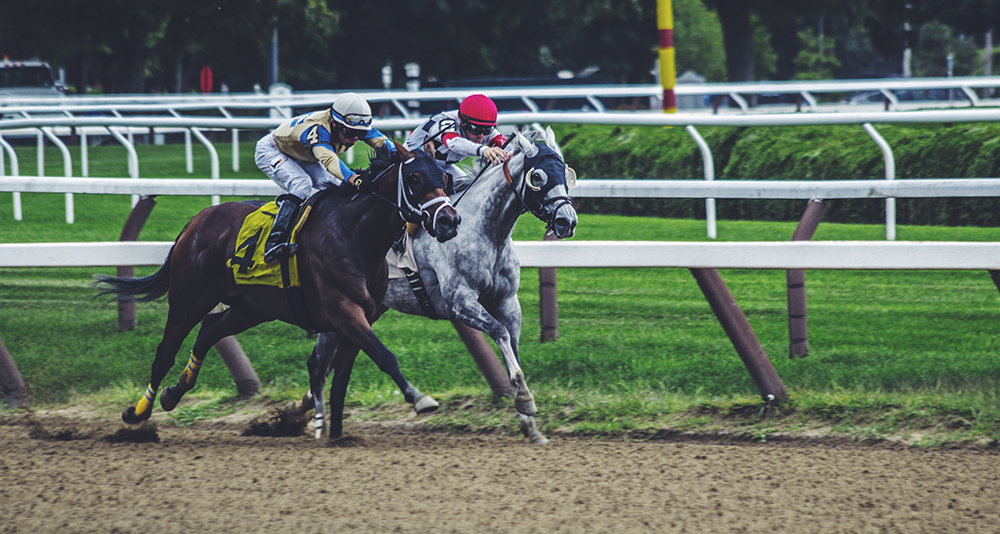
Australia has reported fewer than 100 new coronavirus cases, the lowest number in two months as authorities appeared to bring an outbreak in the country’s second-largest city under control.
Victoria state, which has been battling a second wave of infections in Melbourne, recorded just 73 cases after peaking above 700 in late July, providing hope for a way out of a strict city-wide lockdown.
Melbourne residents are currently enduring a raft of restrictions including an overnight curfew, while all non-essential businesses remain closed until at least 13 September.
Under growing pressure to ease restrictions, Premier Daniel Andrews said he would release a “roadmap” next Sunday for reopening but warned any changes would be gradual.
“We know and understand that if we were to open up with numbers anything like what we have had, even with a really positive trend, then those numbers will explode,” he told reporters in Melbourne.
“You will lose control of this again.”
A further 41 fatalities were added to the state’s death toll, mostly in aged care facilities that have been devastated by the outbreak.
Protective equipment in high-risk workplaces, mandatory masks in public and physical distancing will be key to any reopening strategy, according to a government statement.
Even when restrictions are eased, Victoria is likely to remain sealed off from the rest of the country, where most regions are recording few or no new daily cases.
Flare-ups are persisting in neighbouring New South Wales state, which recorded ten new cases as community transmission in Sydney continues to trouble health officials.
Meanwhile, an outbreak at a youth detention centre in Brisbane has led the Queensland state government to put prisons into lockdown and cancel a huge annual school-leavers celebration on the nearby Gold Coast.
Australia has recorded almost 26,000 cases in total and 652 deaths from the virus to date. The vast majority were detected in Victoria in recent months, after the country’s initial success in containing the virus.
US nears 6 million cases of coronavirusThe United States neared six million coronavirus cases yesterday, nearly a quarter of the planet’s total, as nations around the world battle to contain the raging pandemic.
Global coronavirus infections soared past 25 million, as countries tightened restrictions to halt the health crisis that has upended life for most of humanity.
A million additional cases have been detected globally roughly every four days since mid-July, according to an AFP tally, with India yesterday setting the record for the highest single-day rise in cases with 78,761.
The world’s hardest hit country, the United States, had recorded 5.99 million cases of infection as of just after midnight this morning, according to Johns Hopkins University’s tracker. And the death toll is just over 183,000.
The US hit five million cases three weeks ago, just 17 days after reaching four million, the tracker said.
The virus has hobbled the US economy, the world’s largest, and cast a shadow over US President Donald Trump’s once-promising re-election prospects.
As Mr Trump faces enormous pressure to curb the contagion, the head of the US Food and Drug Administration, Stephen Hahn, raised the possibility that a still-elusive vaccine might be given emergency approval before the end of trials designed to ensure its safety and effectiveness.
The virus has proven a tenacious foe even in nations such as New Zealand and South Korea, which had previously brought their outbreaks largely under control but are now battling new clusters of infections.
On the other side of the world, Latin America – the worst-hit region – is still struggling with its first wave, with Covid-19 deaths in Brazil crossing 120,000, second only to the United States.
Nearly 855,000 people have died of Covid-19 globally, and with no vaccine or effective treatment available yet, governments have been forced to resort to some form of social distancing and lockdowns to stop the spread of the virus.

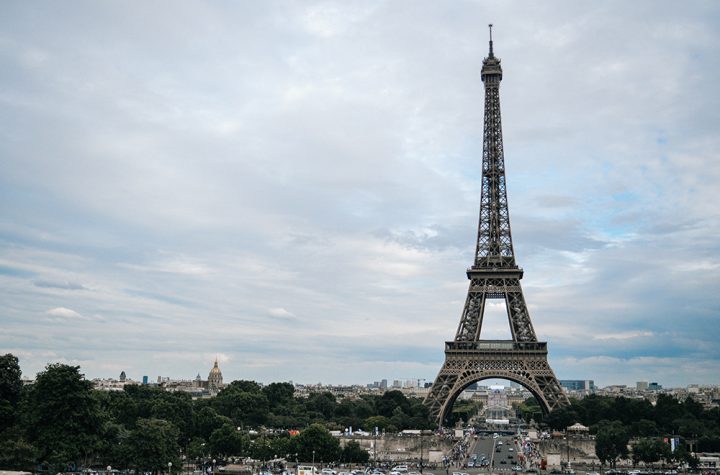
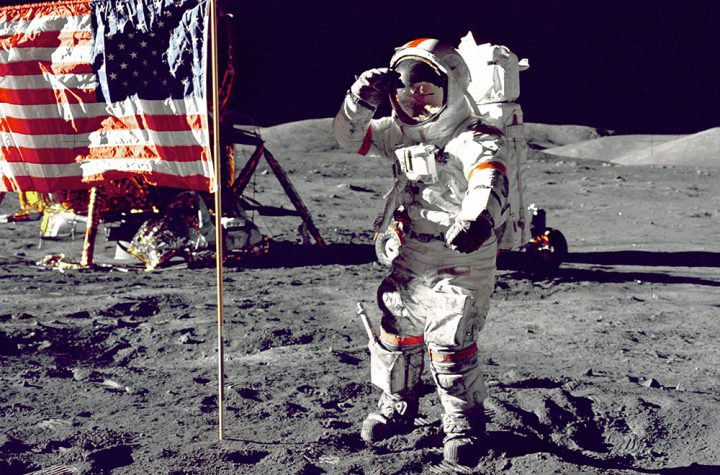
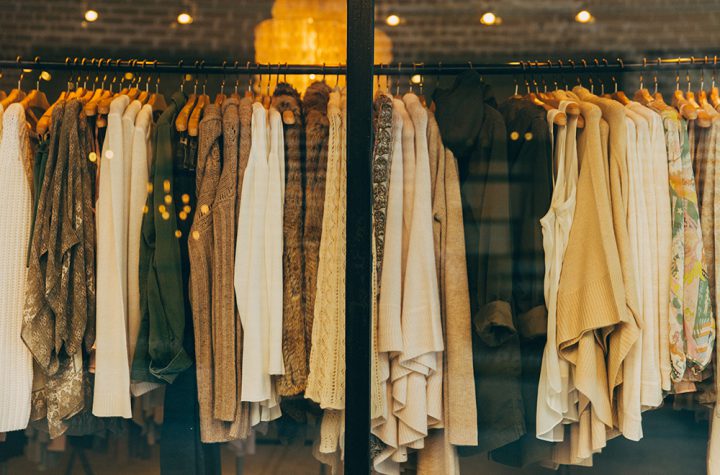
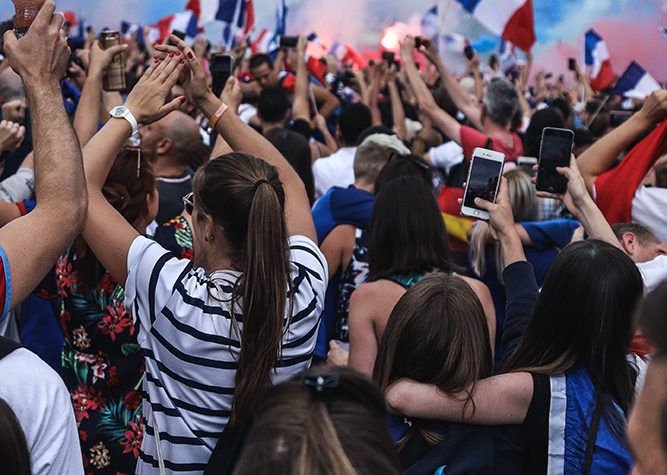
More Stories
“Nobody is the reason for my death. My family is having to bear a lot of expenses because of me. I am a burden to them, my education is a burden to them….” A day after she wrote this note, Aishwarya Reddy, a student at Lady Shri Ram College for Women in Delhi…
Tom Brady’s arrival had the Buccaneers dreaming of an NFC South title, but the Saints showed the QB and his team they’re a far from being a contender.
Barnaby Joyce claims he told Malcolm Turnbull ‘others’ were having affairs